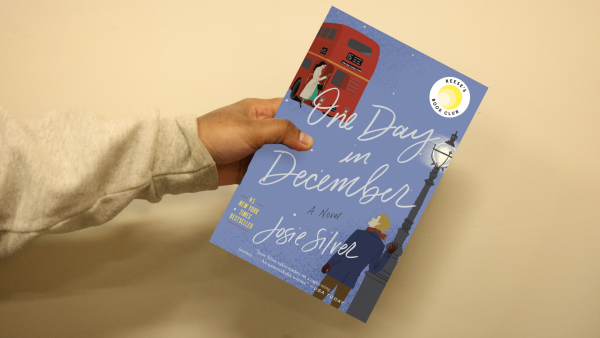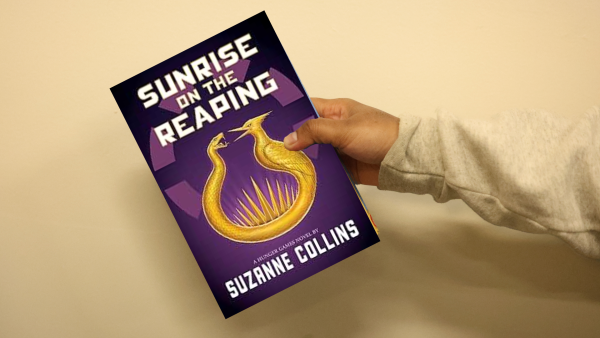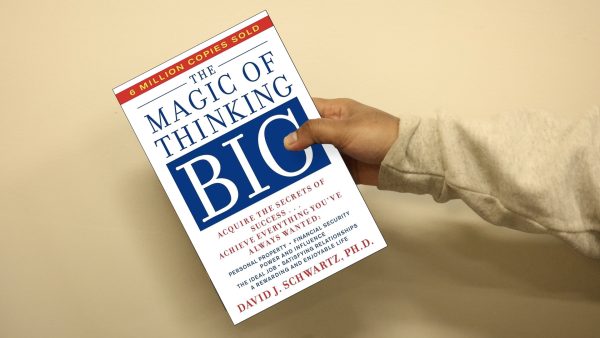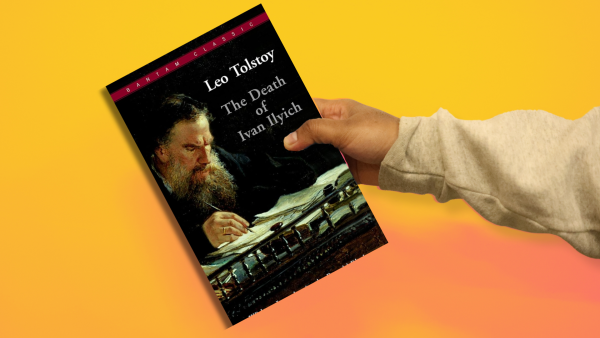“My Year of Rest and Relaxation” is Neither Restful or Relaxing
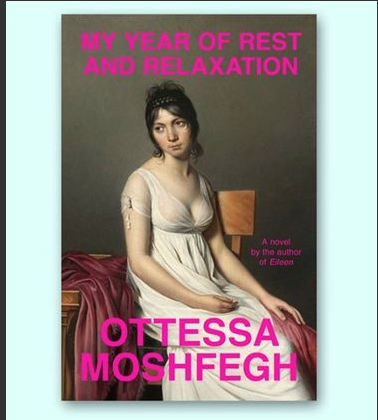
Moshfegh’s “My Year of Rest and Relaxation” conveys existential themes through an unnamed narrator (Courtesy of Instagram).
Ottessa Moshfegh’s “My Year of Rest and Relaxation” opens with a bleak, macabre portrait of the unnamed narrator and her typical routine: wake up in the middle of the afternoon, add to her tab at the bodega around the corner for a coffee, take a handful of sleeping pills, turn on a Turner Classic Movie and doze back to sleep. In less than two pages, Moshfegh sets the tone for her acclaimed 2018 novel: a whole lot of existential thoughts and introspection from the narrator and a whole lot of lackluster events to accompany them.
This seems to be both the appeal and thesis of “My Year of Rest and Relaxation,” for those who suffer from depression, feeling the most intense emotions possible can often be met with a lack of motivation to resolve them. The novel focuses on the depression that the narrator — a self-described gorgeous, tall, thin and wealthy blonde twenty-something — is all-consumed by in 2000s New York City. There is little plot beyond that. Through a combination of memories and present-tense events, Moshfegh paints the narrator as a woman with few people in her life. The greatest contributions to the story are from Reva, the narrator’s hyper and fiercely loyal best friend, Dr. Tuttle, the wildly unethical psychiatrist and reflections on her previous relationship with former boyfriend Trevor, a miserable finance broker. Moshfegh writes with masterful attention to detail and precision, never neglecting any minor detail in the narrator’s surroundings while maintaining continuity in the grim, empty tone of our main character.
While Moshfegh’s attention to detail and voice is commendable, the rest of the book is practically a rearranged version of the opening pages with different proper nouns and locations: Häagen-Dazs containers instead of coffees, Ambien instead of Nembutal, Long Island instead of the Upper East Side. While dull and rather uneventful, this seems to be Moshfegh’s point — cushioned by her family inheritance and privilege, even those with access to wealth and success are plagued by the power of their own thoughts. More often than not, this leads them to live in the monotony that readers experience alongside the narrator; nothing happens because nothing can.
Though published almost four years ago, the novel’s themes are scarily fitting nowadays. The book has gained popularity online over the past year, making the reading lists of influencers and celebrities beyond count. This comes as little surprise. Especially in a pandemic, the idea of a self-established routine of eat, sleep, think too hard and then go back to sleep, has become all too familiar among teenagers and young adults. Readers may see some of themselves in the narrator — uncomfortable in their own privilege but unwilling to look outside of it. The narrator is undoubtedly flawed but surely relatable. We may not all be self-medicating and sleeping for 16 hours per day inside of an apartment on 76th St. and Third Ave, but we can all surely relate to the narrator’s feelings of helplessness about what it means to feel stuck, lost or just confused.



































































































































































































